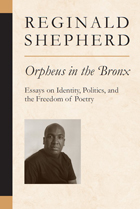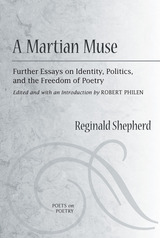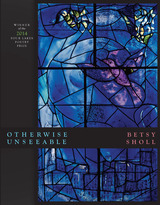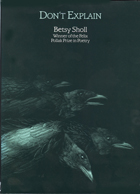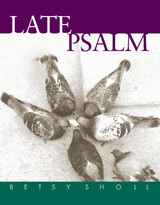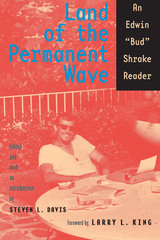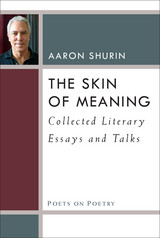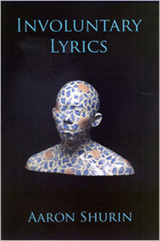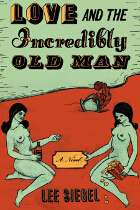Cloth: 978-0-87745-399-4 | eISBN: 978-1-58729-221-7
Library of Congress Classification PS3569.H5783I4 1993
Dewey Decimal Classification 813.54
Even the tamest characters in Imaginary Men test the rules to see where they can be broken and where they hold true. In Enid Shomer's world, endless misunderstandings sprout from goodwill, women and men burn with a desire that forces them to create themselves as they evolve, people grasp their relatedness to others only fleetingly, goodness is as great a mystery as evil.
For the unappreciated Harry Goldring, tormented by his unshakable label of familymensch, wildness is expressed first in panic attacks, then in daydreams. At the other end of Shomer's highly colored spectrum is killer Elvis Thornberry, a “man you wouldn't notice unless he held a gun to your head or saved your life.” Balancing these more troubled characters are Shomer's many improbable lovers and friends: Lavell, who sees something of herself in the untrainable hunting dog owned by her younger lover; Diane, who takes back her unfaithful husband only after inventing a lie that puts her on an equal footing; Leila Pinkerton and Fontane Walker, who were "as close to friendship as they could get, given that Leila was white, Fontane was black, and they lived in a world full of people who claimed to know what that meant."
In all of Shomer's powerful stories, family is the mold we break out of as well as the lap we seek comfort in; family myths create mysterious emblems of freedom. Listening to her resonant voice, we witness the wild, raw moments when people lose control, when the wildness—submerged or not—that they both avoid and rush toward bleeds through.


